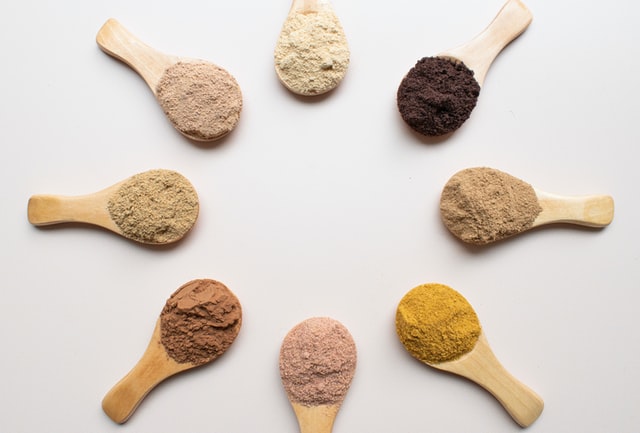With so many vitamins on the market, it’s hard to determine which one is right for you, or if you even need one in the first place! Here at Nourished Routes, we’re big fans of getting most of your nutrients in through food. Eating a diet that has a variety of fruits, veggies, whole grains, proteins and healthy fats will typically cover your bases when it comes to vitamin intake. These are the few instances where we would recommend investing in a supplement….
Pregnant or Trying to Conceive
Women who are pregnant need to supplement with a prenatal vitamin! Your prenatal vitamin will contain higher doses of folic acid and iron. Folic acid is beneficial as it helps to form the neural tube in early pregnancy and prevent birth defects. A prenatal is ideal for women trying to conceive as well as those who are currently pregnant. Iron is necessary to allow your body to produce blood that will supply oxygen to the fetus. In addition to iron and folic acid, it may also be helpful to look for a prenatal with vitamin D and calcium to support bone development.

Vegan or Vegetarian
Individuals who follow a diet free of meat or dairy may need to consider a supplement. Vitamin B12 is a common vitamin that may be deficient in plant based diets as it is commonly found in fish, meat, eggs and dairy products. Nutritional yeast is one of the few vegan or vegetarian friendly foods that contains B12, but if this is not a constant in your diet then taking vitamin B12 may be useful for you. Calcium and iron are two other supplements to consider taking when eating plant based (especially vegan) to prevent deficiencies.
Food Allergies or Intolerances
Lactose intolerance is very common in adults and usually results in very limited dairy consumption in the diet. This can result in a deficiency of calcium and vitamin D. If you have an allergy that prevents you from consuming a certain nutrient rich food, be mindful of finding that nutrient through other food sources! If you cannot do this, then purchasing a supplement can be helpful. Always speak with your doctor before starting a new supplement.
Limited Sun Exposure
Vitamin D, also known as the sunshine vitamin, is a super common vitamin to be deficient in. Unless you’re getting sunlight all year round you most likely would benefit from taking Vitamin D. Food sources of Vitamin D include foods like salmon and liver oil which are rarely consumed enough to offer a full dose of Vitamin D. If you are lucky enough to live where it’s sunny, aim for 10-30 minutes outside each day to allow yourself to soak up all the benefits of sunshine.
If you think you may have a vitamin or mineral deficiency, request blood work from your primary care physician to get better insight into what you might be lacking. Remember to eat a diverse diet and include all different food groups to ensure your body is getting all the nutrients it needs. A dietitian can help you to better understand what nutrients your body needs, may be missing, or food sources of. Alli can help to identify what to do for your diet – schedule a free discovery call with her here.
This article was written by Lindsey Moser, nutrition intern. Fact checked by Allison Tallman RD.
